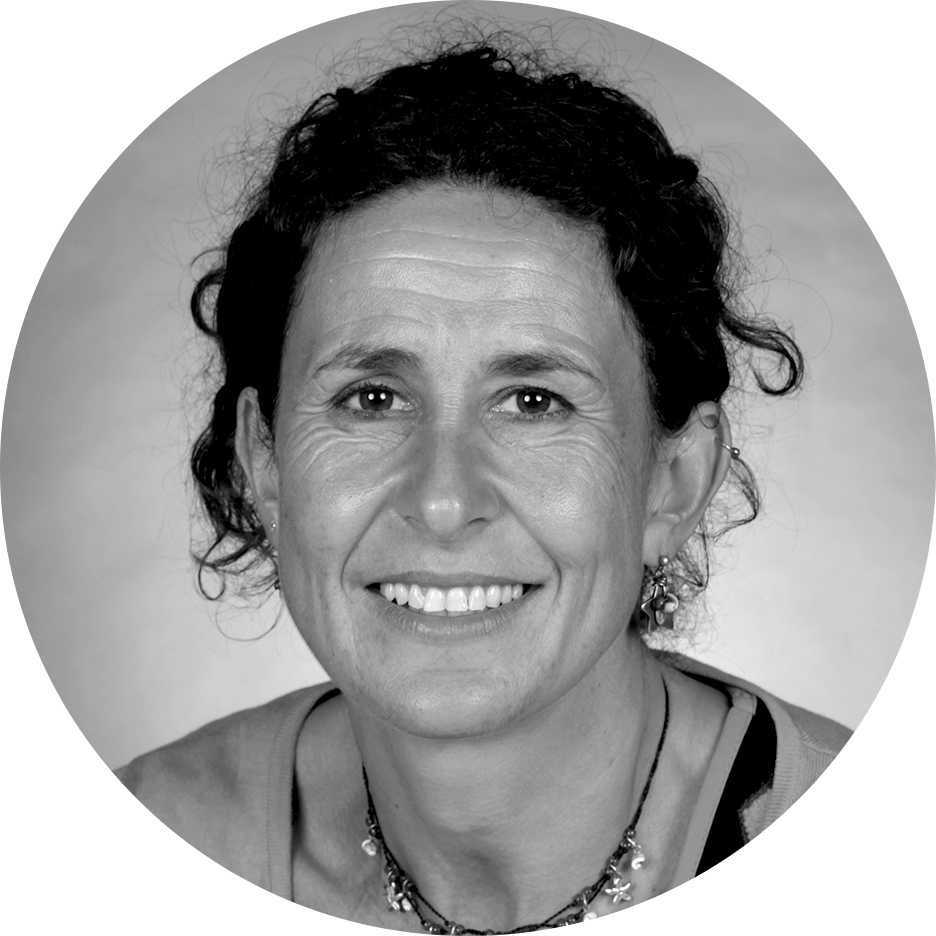
Prof. Holly Thorpe
Sociologist of sport and gender working in Te Huataki Waiora School of Health at the University of Waikato, New Zealand. She has published over 130 articles and chapters, with some of her most recent books including Sport and Physical Culture in Global Pandemic Times (edited with David Andrews and Joshua Newman, 2023), Action Sports and the Olympic Games: Past, Present, Future (with Belinda Wheaton, 2022).
Email: holly.thorpe@waikato.ac.nz
Twitter: @waikato

Prof. Belinda Wheaton
Professor in Sociology of Sport and Physical Culture at the University of Waikato, Aotearoa/New Zealand. She is a cultural sociologist, with research interests across leisure, sport and popular culture, and a focus on identity, inclusion and inequality. She is co-author of the book Action Sports and the Olympic Games: Past, Present, Future (Wheaton and Thorpe, 2022).
Email: belinda.wheaton@waikato.ac.nz
Twitter: @Billiewhiz
Social, economic and environmental sustainability claims were central to Paris’ bid to host the 2024 Olympic and Paralympic Games. The Organizing Committee promised “historic” progress on behalf of the climate, halving the carbon footprint of previous Games in Rio and London. To achieve this, Paris cut carbon measures across travel, construction and operations. All Olympic sites connect to the public electricity grid, avoiding diesel electricity generation. To enhance sustainability, new construction has been minimized through using existing and temporary venues. These measures, they argued will achieve a lower-impact event consistent with their social sustainability objectives to adapt to the needs of hosts and of their residents, while promoting responsible ways of living.
All laudable objectives that align with the IOC goal of using the games to “inspire sustainable futures around the world”. Despite the bold claims, however, the way Paris has delivered its surfing event in Tahiti illustrates how challenging it is to turn rhetoric into reality.
Surfing was first included in the Olympics in Tokyo 2020/2021. Organizing an international surfing event is challenging; limited host cities can ensure high-quality waves and ideal weather conditions during the period of competition. While the Tokyo surfing ran smoothly, the wave quality on the Japanese east coast was not ideal for high-performance competition.
Media reports initially suggested that Paris was building an artificial wave pool. This energy intensive and costly facility would have been difficult to align with Paris’s sustainability goals. France’s Atlantic coast then became the favoured venue, but was later supplanted by Teahupo’o in Tahiti, French Polynesia, almost 16,000 kilometres from Paris. While the IOC have been committed to the ‘one host city’ model, recent policy changes (Agenda 2020+5) have enabled increased flexibility with the definition of ‘host,’ broadened to include several cities, even regions or countries.
It’s not hard to see why Teahupo’o became the preferred option. One of the world’s most challenging and dramatic surf breaks, it is already part of the pro surfing world circuit (although until recently it was deemed too dangerous for women, who were excluded from 2006 till 2022). In 2024 it showcases the spectacular, athletic nature of modern surfing against a stunning Polynesian island backdrop. Holding the event in Tahiti, it was claimed, would “bring a sense of belonging to overseas French territories”.
In the end, however, the choice of surfing venue has proved highly controversial, causing local and international protest.
Teahupo’o is a small settlement on the main island of Tahiti’s southwestern coast. Locals became alarmed when leaked plans for an Olympic village revealed vast new infrastructure. This included two-lane roads, a car bridge, electricity groundwork, coastal embankments, a floating pontoon for spectators and scaffolding for 200 officials. Residents and environmental groups quickly responded, raising media attention and demanding greater transparency and public participation. As Teahupo’o mayor Roniu Poaru stated: “Our population accepts the Olympic Games, but that comes with conditions […] the goal is to preserve our environment”.
Compromises were eventually reached. New infrastructure would be kept to a minimum with competitors living on a cruise ship. Olympic staff members, press and officials housed with residents or local guesthouses. With limited capacity for live spectators, viewing screens will be set up for spectators in a local town and in the capital city, Papeeti.
The topic garnering the most concern, however, was the construction of an aluminium judging tower to replace the existing structure deemed unsafe by the Olympic organizers. This involved drilling into the coral reef, which scientists say could have dire consequences for the reef ecosystems. A global petition was launched to stop the new tower. The International Surfing Association said it would not support any new construction on the reef. Despite this, the head of the Paris organizing committee and President of French Polynesia were said to be “in lockstep together” and “united in their desire to see the judging tower built”. And so it was, albeit a scaled back version.
But many Tahitians remained upset, “offended by the lack of respect” of their “sacred place.” Tahitian surfer Vahiné Fierro who represents France in the Olympic event explained, “it’s our temple. It’s a spiritual belief, living incarnation of our heritage, and our ancestral land.” Ironically, as our research shows, these are the very essence of surfing’s Polynesian imaginings that the IOC has been so keen to showcase.
The decision making surrounding the surfing event in the Paris Olympics highlights the challenges in delivering sustainable mega-events. Many scholars and activists remain unconvinced by the IOC’s environmental claims and have questioned whether the organization is really “greenwashing gold”.
Indeed, the IOC continues to be highly selective about how it measures its operations to support various Utopian projections and environmental promises. And research evaluating Olympic sustainability between 1992 and 2020 has shown it has declined over time.
According to Georgina Grenon, the environmental excellence director for Paris 2024: “We want to show that another model is possible and create a legacy for major sporting events. We don’t claim to be perfect, but we want to show that we can do things differently”.
Hosting the surfing event in Tahiti is certainly doing things differently. But it raises yet more questions about the IOC’s claims of leadership in environmental sustainability.
A version of this article was previously published in The Conversation under a Creative Commons Attribution-NoDerivatives licence: https://theconversation.com/the-greenest-games-ever-how-claims-of-olympic-sustainability-hit-a-reef-in-tahiti-234464 .

